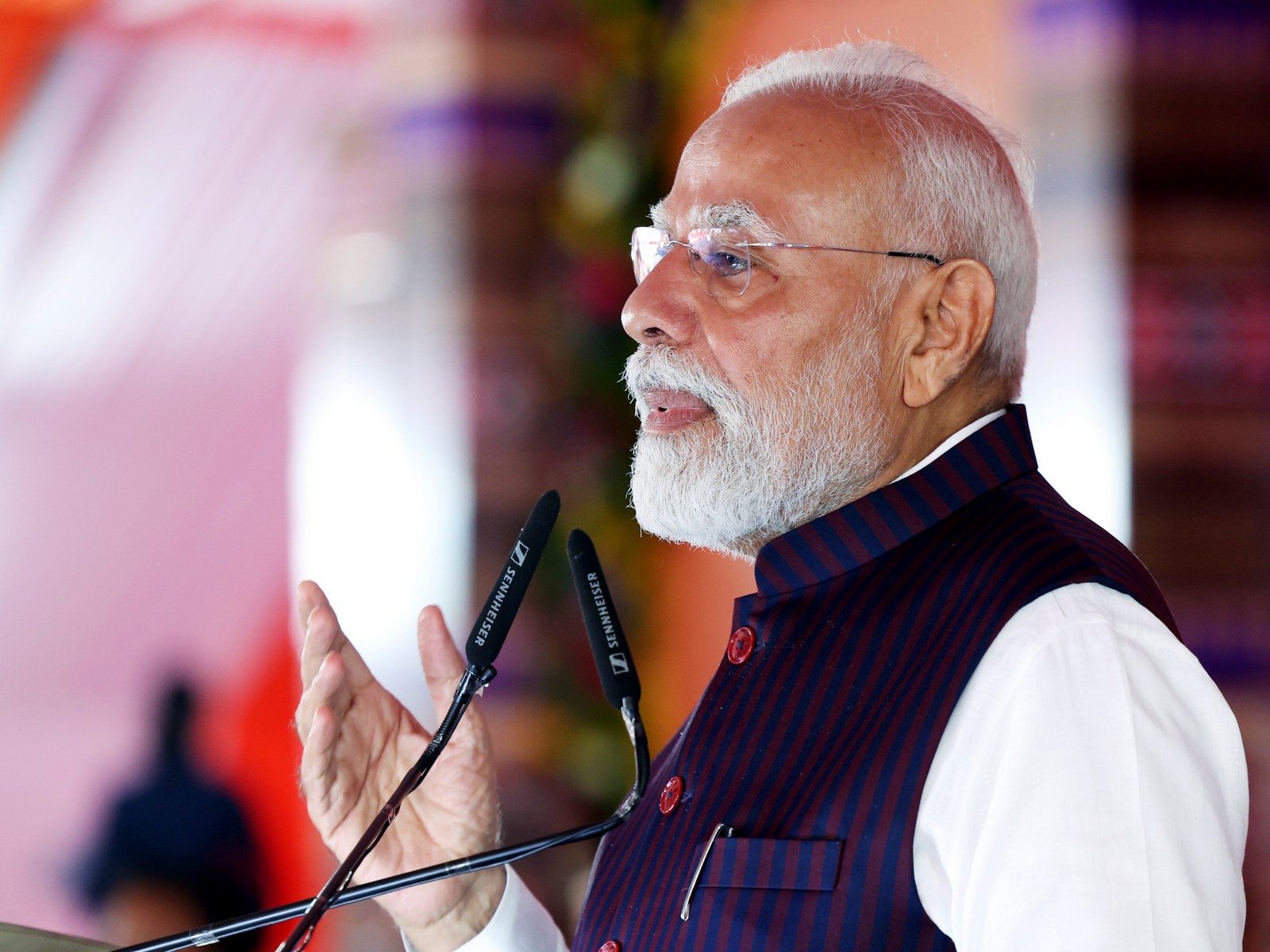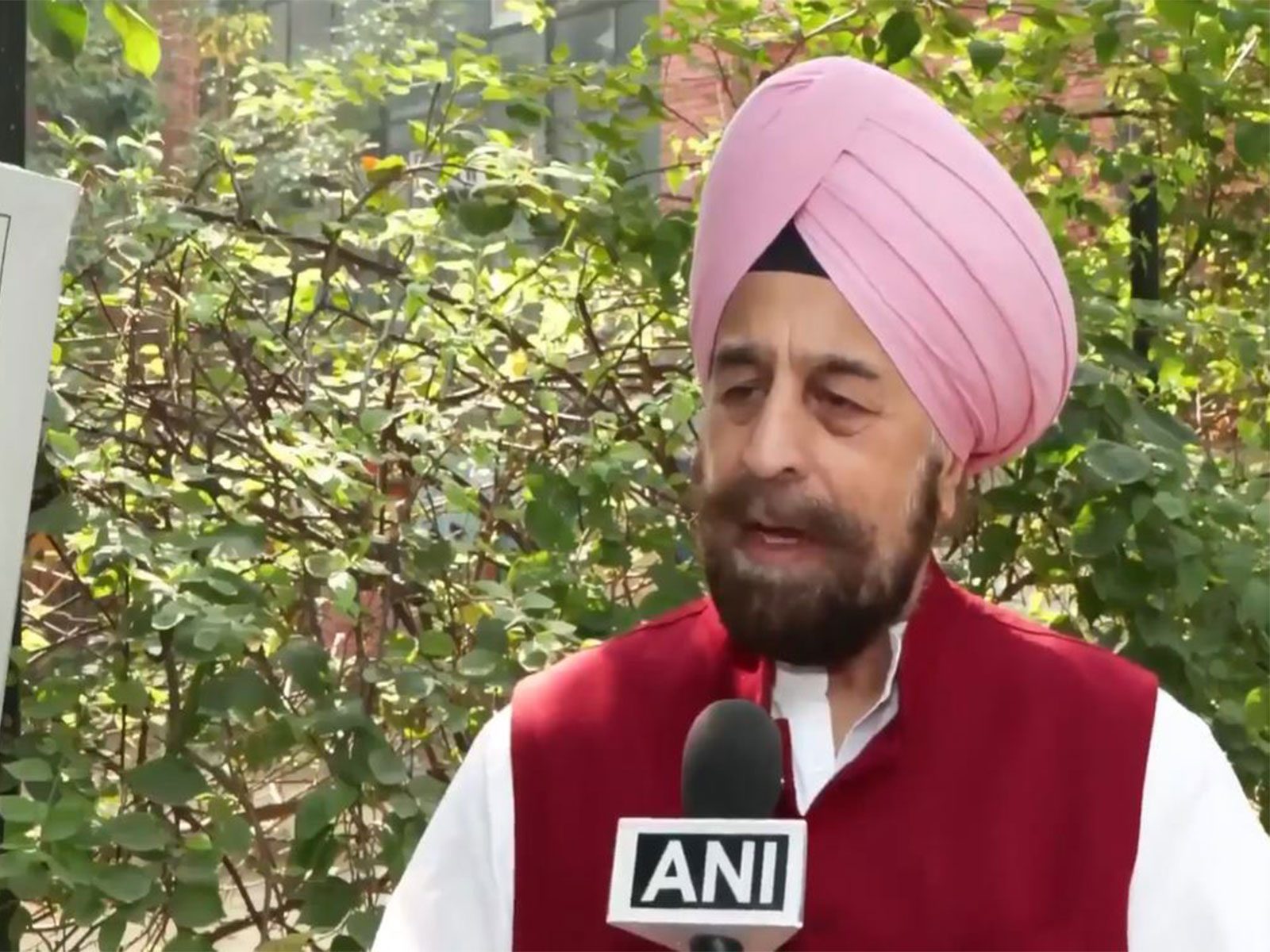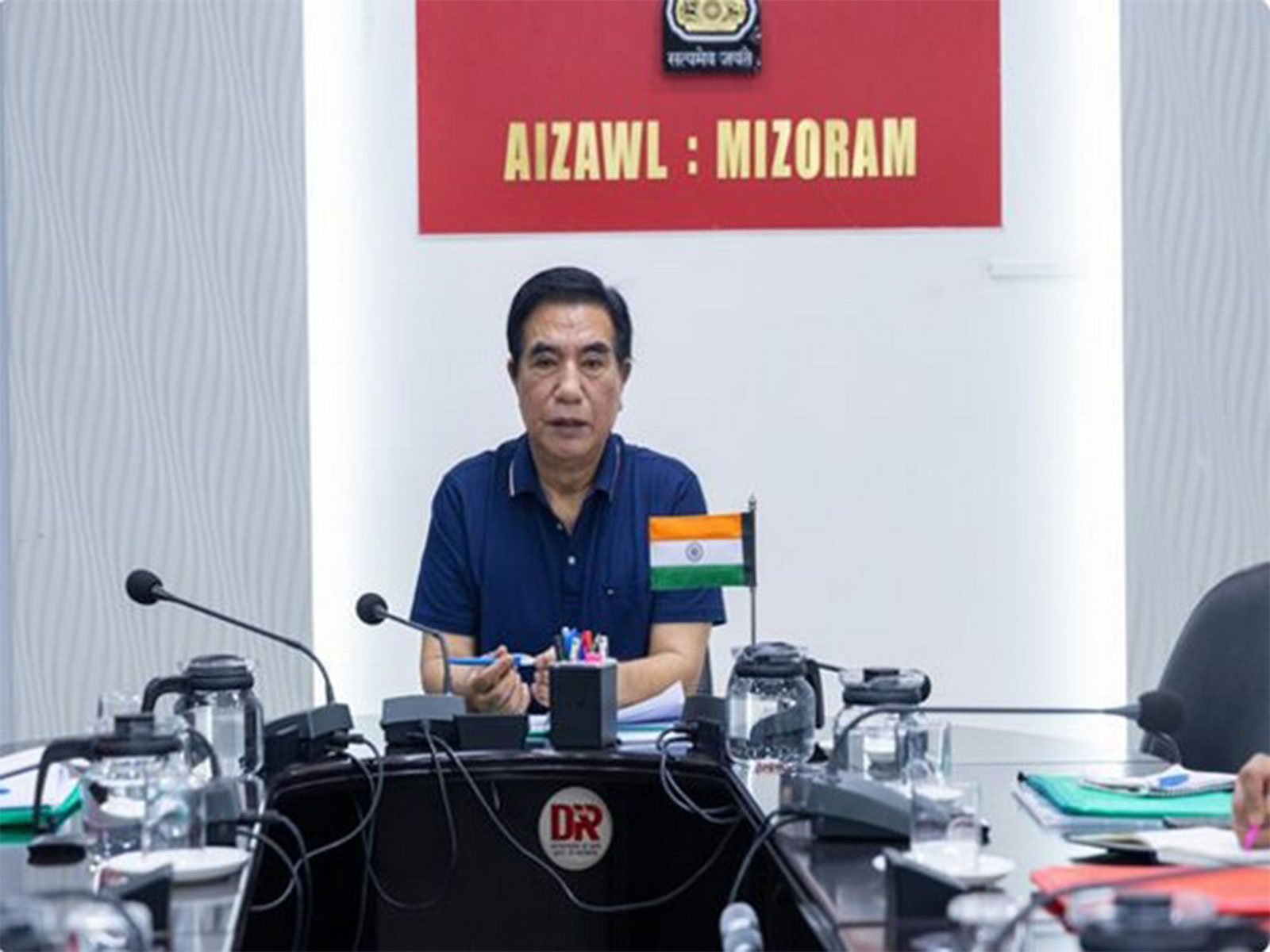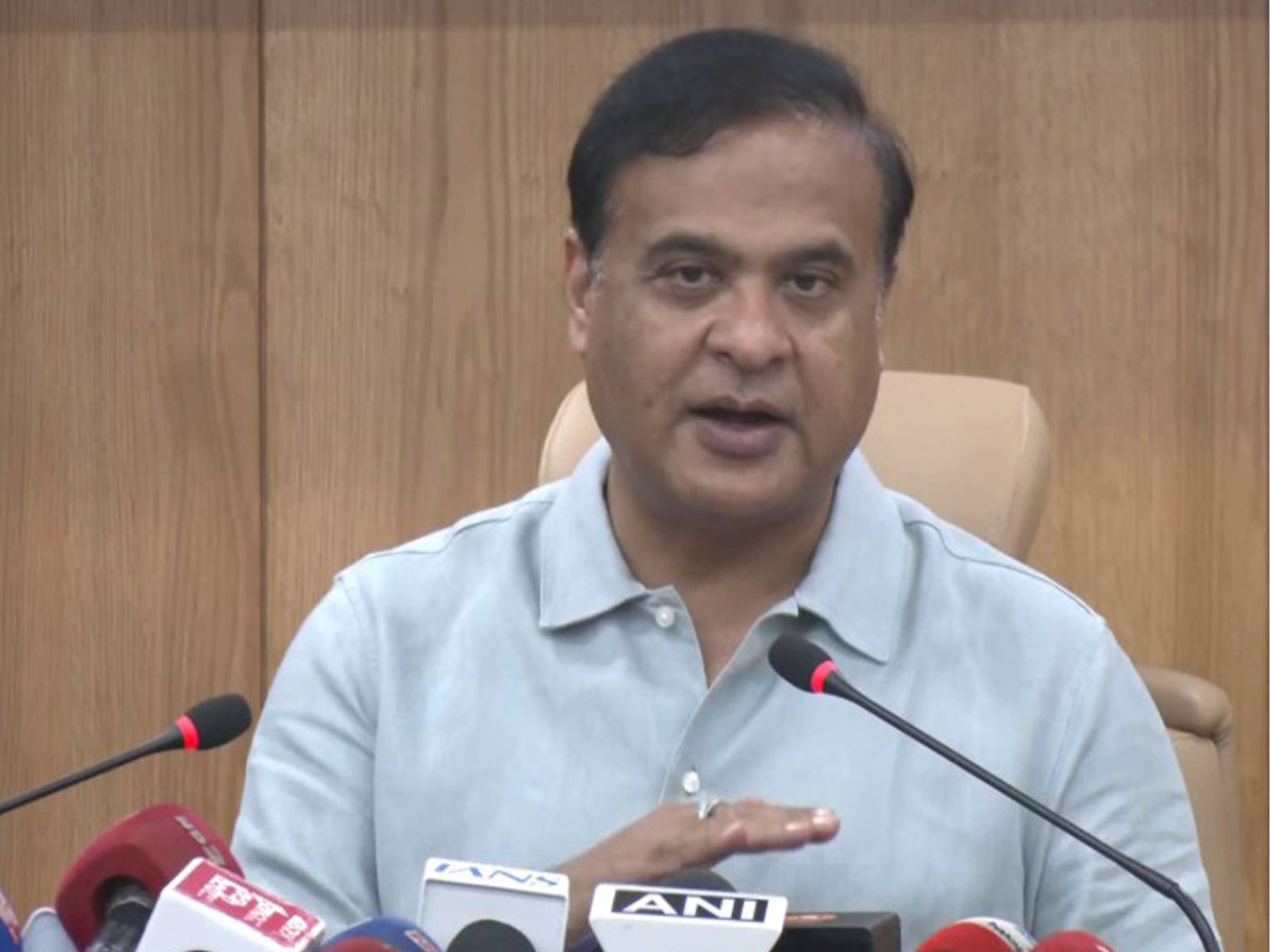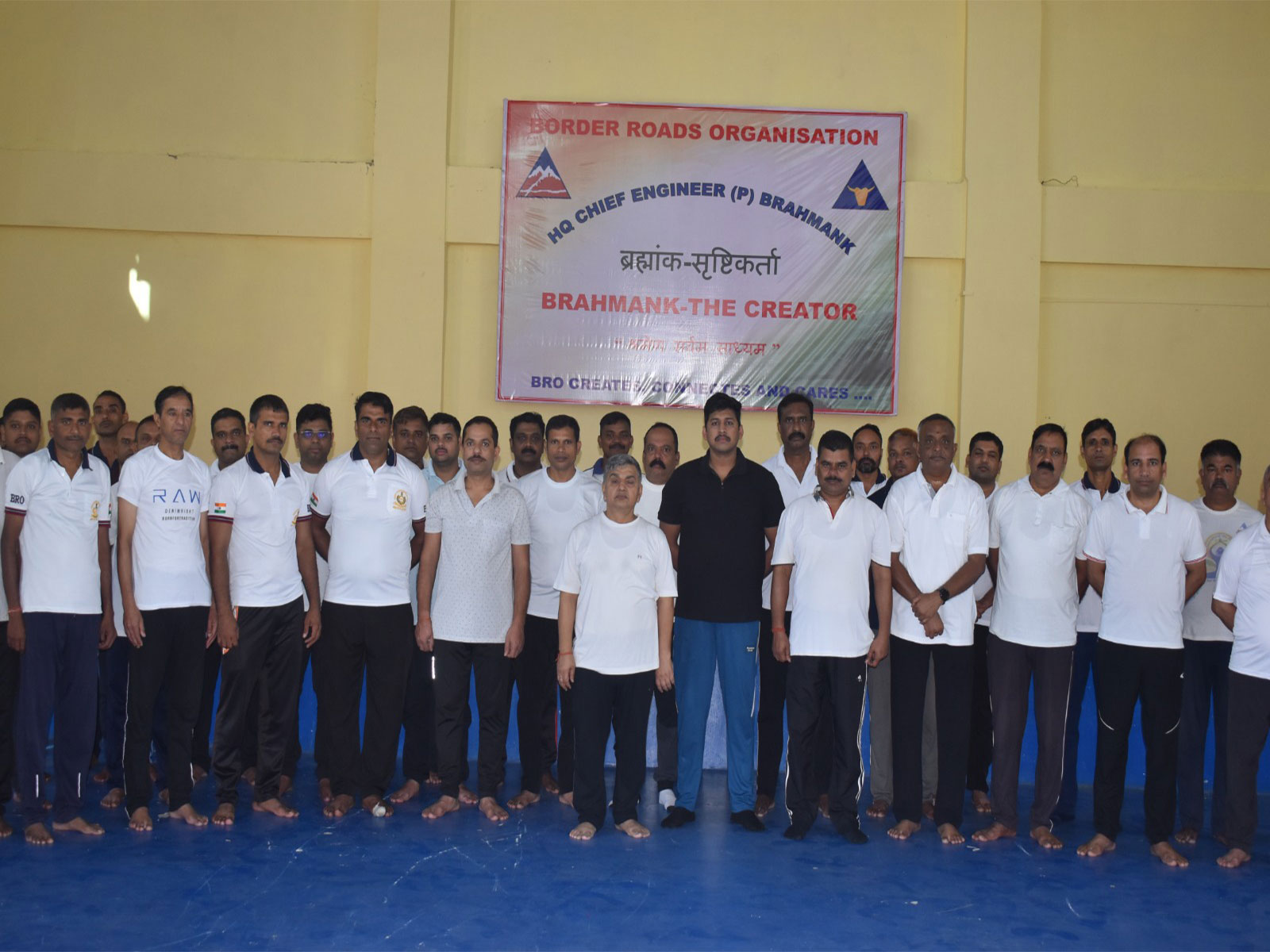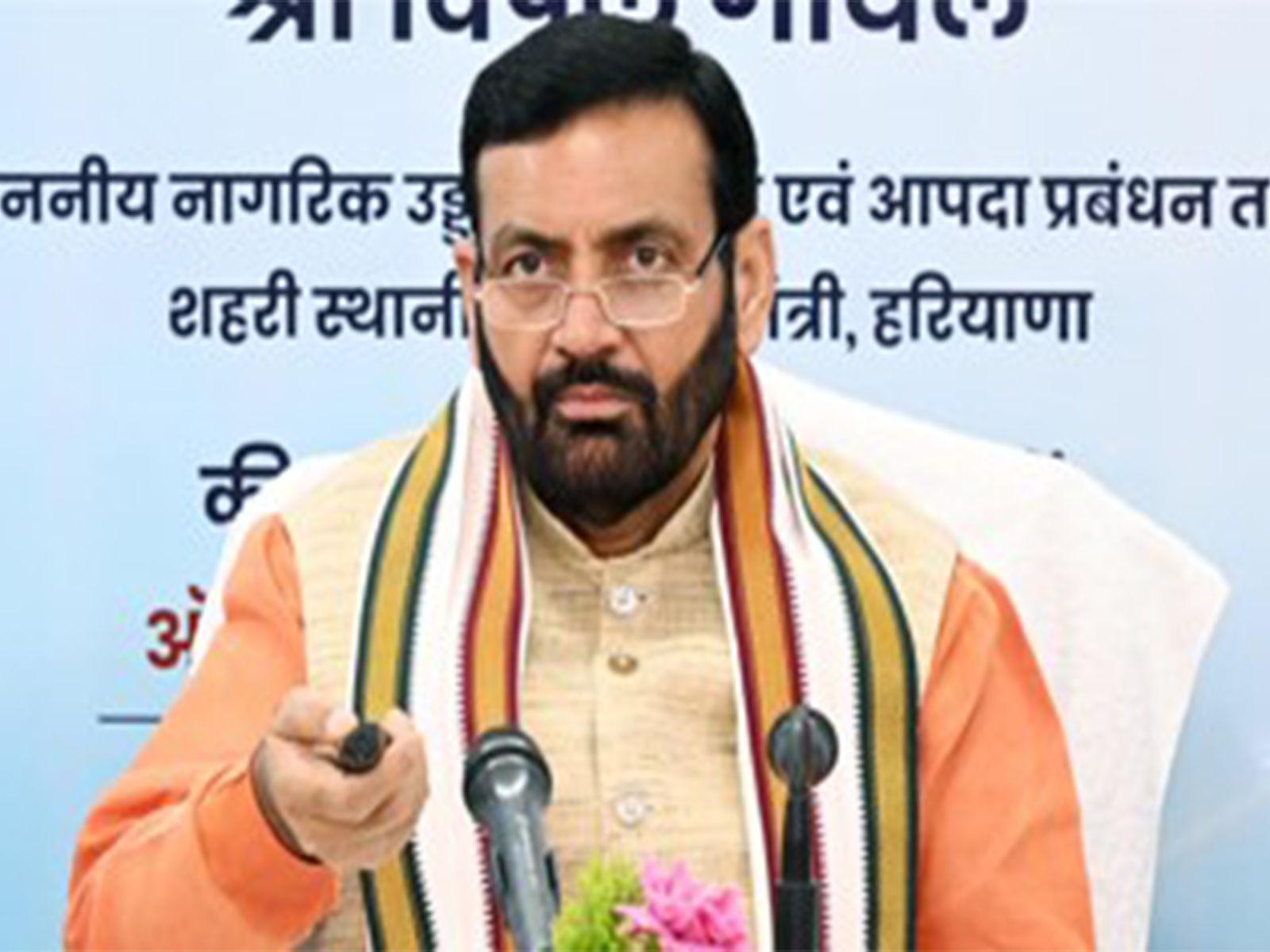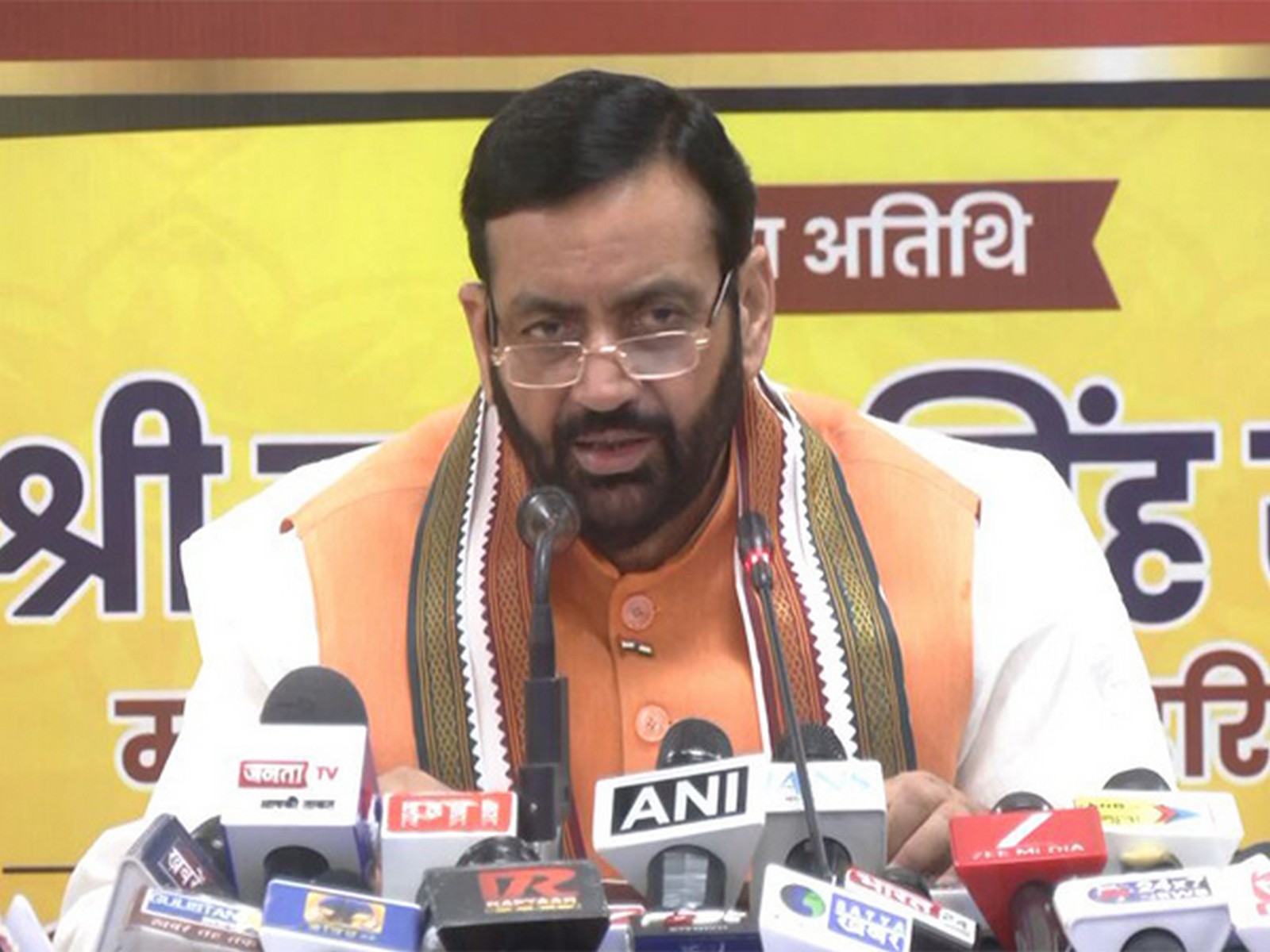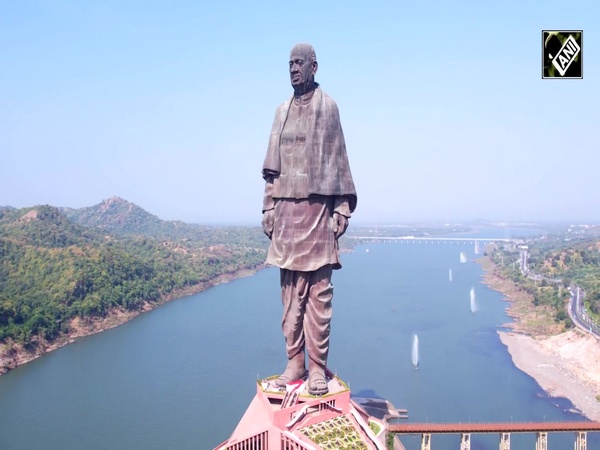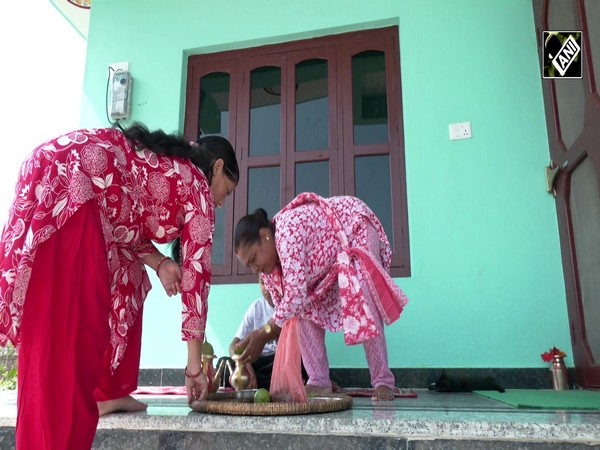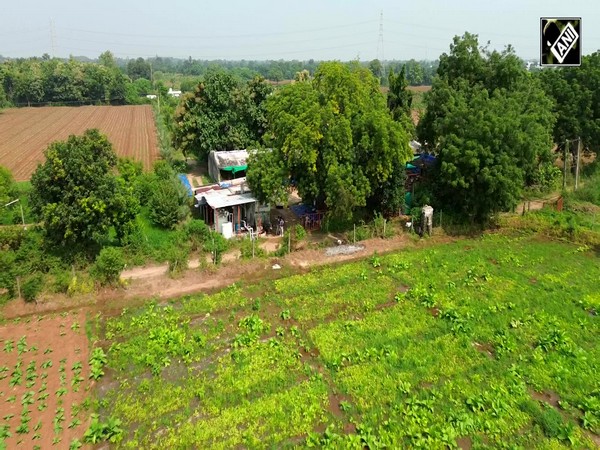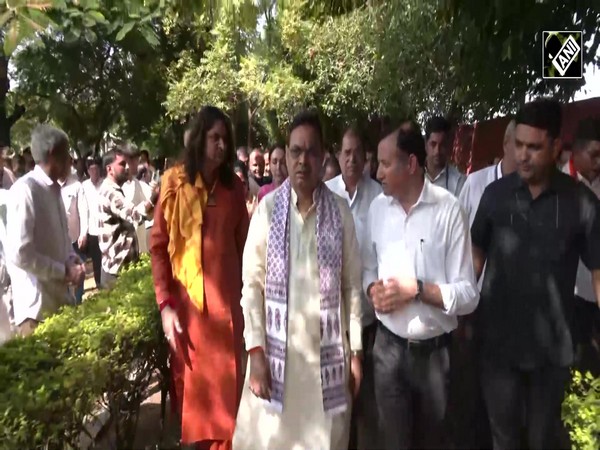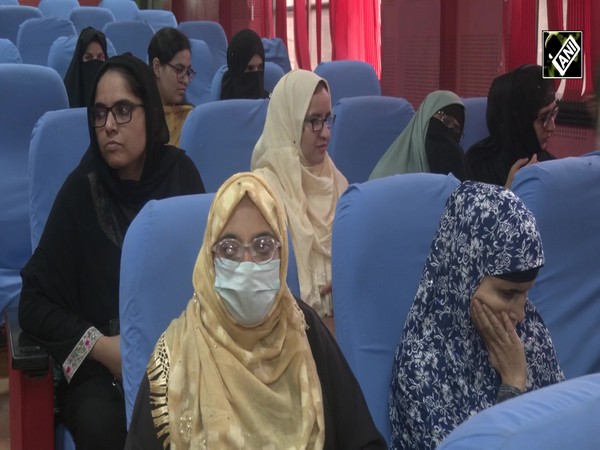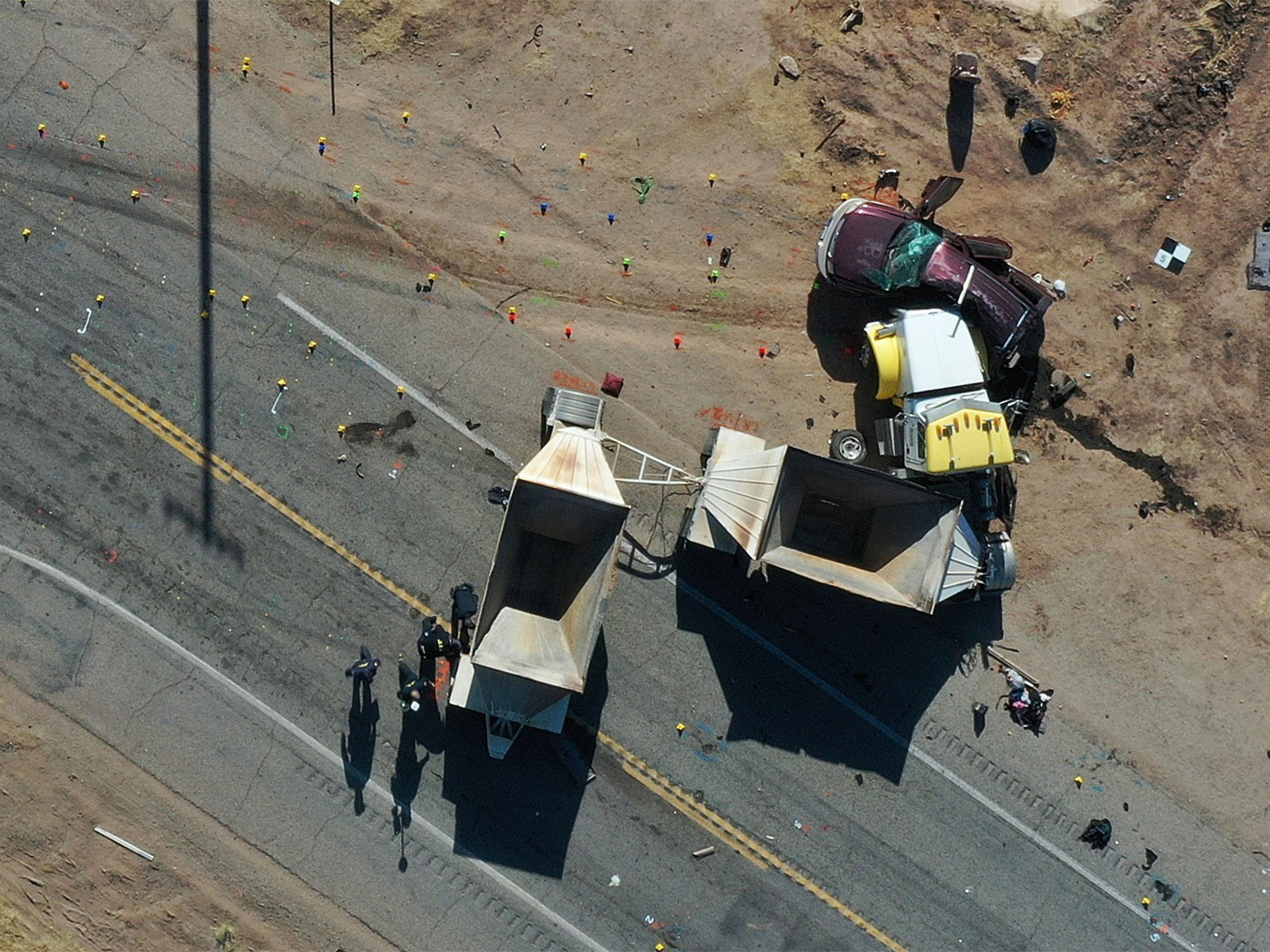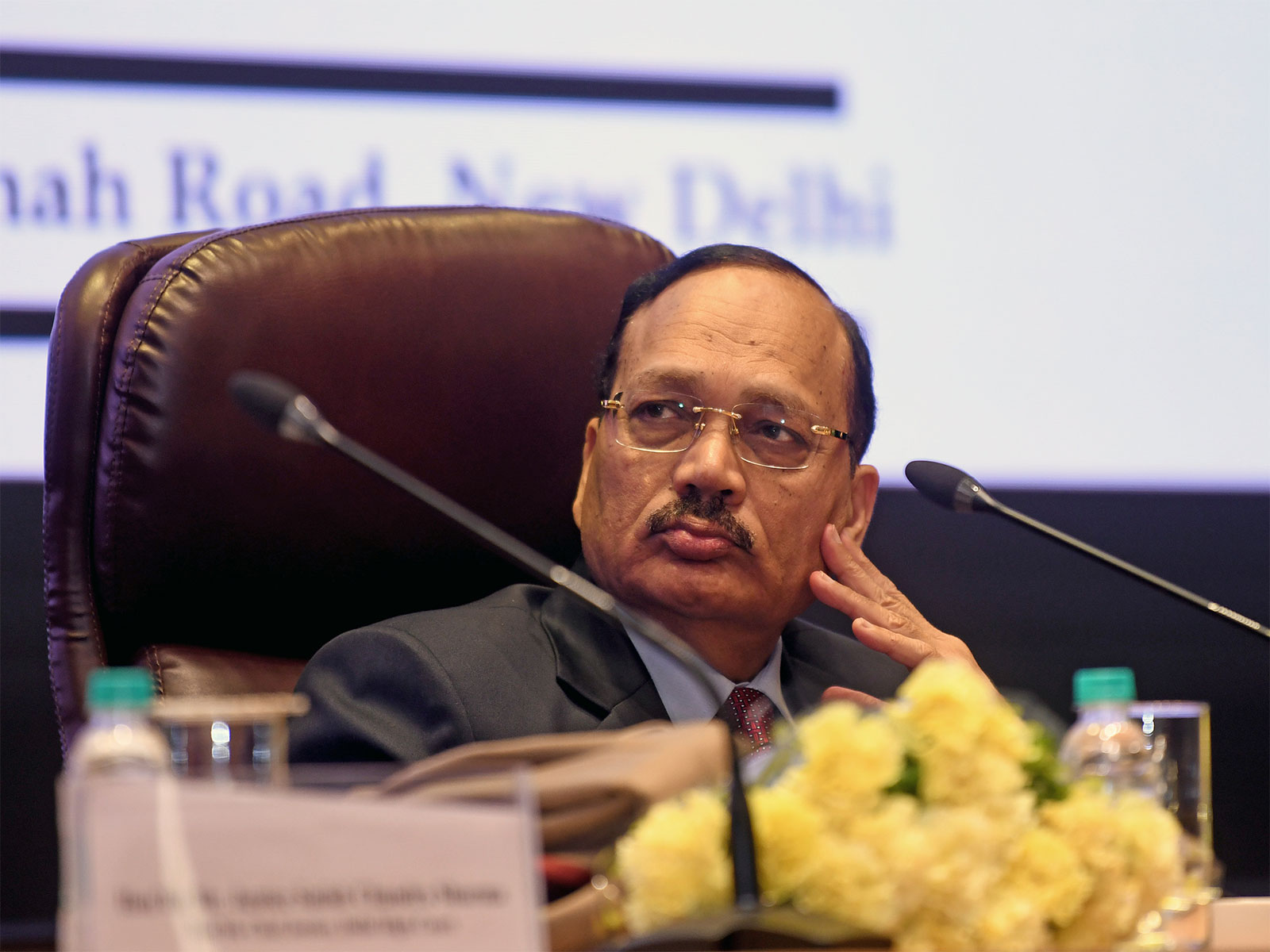
India committed to ensuring light of human rights shines undimmed across our world, says Justice Kant
Oct 23, 2025
New Delhi [India], October 23 : Justice Surya Kant of Supreme Court on Thursday said that justice is not a destination, it is a collective journey of nations, institutions, and hearts and in that journey, India stands ready, not only as a participant, but as a partner and pioneer, committed to ensuring that the light of human rights shines undimmed across our world.
Justice Kant was speaking at an event organised by the Bar Association of Sri Lanka in collaboration with the Commonwealth Legal Education Association (CLEA), Colombo, on 'Strengthening a Legal Aid System to
Achieve Human Rights of Marginalised and Minorities: The Indian Case Study.'
India's experience offers not a model to be imitated, but a vision to inspire, and the belief that every person, regardless of wealth or status, is entitled to the full protection of the law is not merely Indian; it is universal, he said.
"But India's experience affirms that institutionalising that belief--making it work in practice, every day, for millions-- is possible and imperative. Each nation must craft its own system anchored in local realities, yet inspired by a shared conviction: that legal aid is the first line of defence against the erosion of human rights. When justice becomes truly accessible--when every citizen, regardless of means, can stand tall before the law--then, and only then, can we say that freedom has fulfilled its true purpose."
"Justice, after all, is not a destination. It is a journey--a collective journey of nations, institutions, and hearts. And in that journey, India stands ready, not only as a participant, but as a partner and pioneer, committed to ensuring that the light of human rights shines undimmed across our world," said Justice Kant.
From the earliest dawn of its civilisation, India has regarded justice and access to justice not as a privilege of the powerful, but as a sacred duty of the state and society alike, he said.
Long before the vocabulary of 'human rights' entered international discourse, India's moral and legal imagination had already embraced the principles of dignity, equality, and compassion as the foundation of good governance, Justice Kant added.
He further said, "Kautilya's Arthashastra, written nearly 2,000 years ago, emphasised that the ruler's foremost duty was the protection of his people--particularly the poor, the orphaned, and the infirm. The Dharmashastras codified due process, equality before the law, and humane punishment. The Buddhist concept of Dhamma, propagated by Emperor Ashoka, declared that "the state exists for the happiness of all beings," establishing one of the earliest notions of welfare governance.
In these ancient precepts lies the timeless Indian conviction that justice must be lived, not merely proclaimed, he said.
"Justice in India has never been transactional; it has always been transcendental--a principle of social
harmony, ethical conduct, and compassion in governance. This civilisational inheritance has continued to illuminate India's moral compass throughout history," Justice Kant further added.
He also said that the two centuries of British colonial rule in India represented, in many ways, a shift in our civilisation's reliance on the principles of equality and dignity.
What was often described by the colonial administration as a mission to "civilise" was, in reality, an exercise of power that curtailed many of the rights and freedoms Indians had traditionally enjoyed, he said.
"It was within this oppressive framework that India's freedom struggle ensued, and the architects of independent India's Constitution--visionaries like Dr. BR Ambedkar and Sardar Vallabhbhai Patel--resolved to create a new legal order rooted in justice and equality for all. They knew, from lived experience, that freedom without dignity is hollow, and liberty without access to justice is fragile," he further said.
The harrowing tragedies and systemic exploitation which marked India's colonial era left indelible scars on the nation's collective memory. The drafters of our Constitution drew upon these lessons when crafting foundational protections, opined Justice Kant.
By transforming past injustices into a constitutional mandate, the drafters of our Constitution guaranteed that the cruelties and exclusions of colonial rule would never again define India's social or legal order, he said.
In the 75 years since independence, the Indian Judiciary has functioned as the "moral vanguard of this constitutional vision", he said, adding that every time a person in need of such protection has approached the courts, the courts have through creative interpretation, judicial courage, and compassion, expanded the contours of fundamental rights from a benevolent aspiration into a living guarantee.
"It is my firm belief that while strong institutions can deliver justice, only an engaged citizenry can sustain it. Legal aid must therefore grow simultaneously from the top down and the bottom up.
He praised the needs of the National Legal Services Authority (NALSA), State Legal Services Authorities (SLSAs) and District Legal Services Authorities (DLSAs) -- a three-tiered structure to ensure that free legal aid is available to those who need it most.
"The purpose of this architecture is simple but vital: to ensure that no citizen is denied justice due to economic or social barriers," he said.
The 'top-down' structure, with NALSA, SLSAs, and DLSAs, ensures a legal framework, resources, and accountability. But for the system to flourish, a 'bottom-up' movement is equally vital--one where students, young lawyers, and community volunteers participate actively in spreading legal awareness and delivering services. These 'bottom-up' approaches are taking shape by harnessing the enthusiasm of our youth to further the cause of accessible justice, said Justice Kant.
"The story of India's legal aid movement is, at its heart, the story of a democracy's conscience. It is proof that even in a vast and complex society, justice can be made real when vision is matched by institutional will," he told the gathering.
He further said that from the ancient precepts of Dharma to the modern architecture of NALSA, India's journey reflects an enduring faith in human dignity and an unbroken commitment to the idea that justice must reach the last person first.
"Each time a prisoner regains freedom through a legal aid petition, each time a widow receives her pension after years of neglect, and every time a child in conflict with the law is guided towards reform instead of retribution--the Constitution's promise breathes anew. Yet, this is not a story of completion. As new challenges emerge, such as digital exclusion, displacement, climate vulnerability, and transnational migration, our task is to innovate further, to modernise outreach, and to deepen inclusion. Justice must evolve with society, or it risks becoming its shadow," he added.

